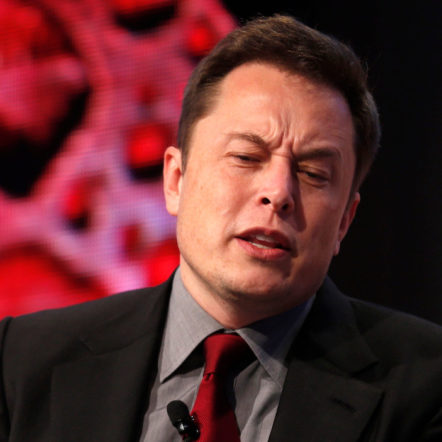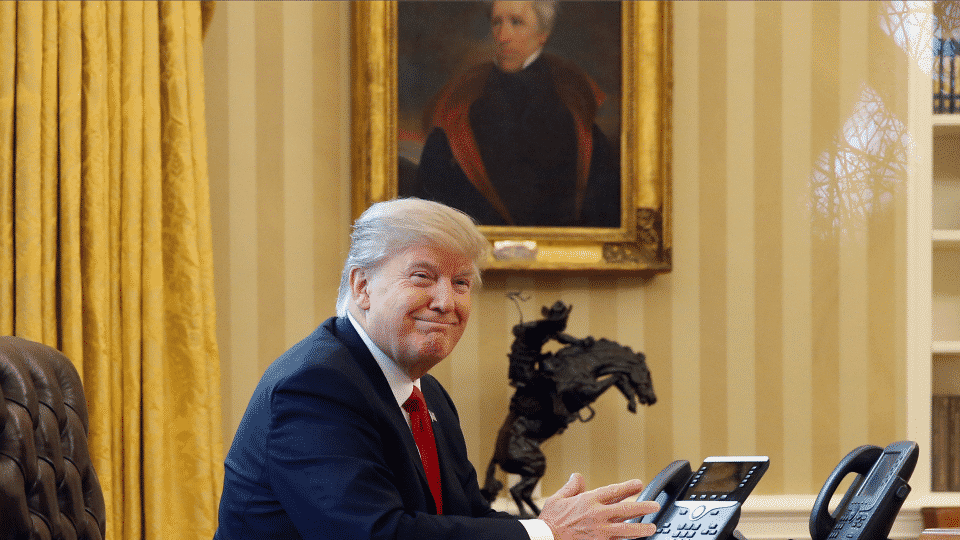When the world’s richest person, Elon Musk, bought Twitter, conservatives expressed hope, the mainstream media were apoplectic, and the staff of America Magazine offered a roundtable discussion addressing the question, “Should Catholics Be Part of Elon Musk’s Twitter?” The senior contributor was Associate Editor Jim McDermott, a Jesuit priest educated at Marquette, Harvard, Weston School of Theology, and UCLA. The others were Associate Editor Zak Davis, who holds a Loyola, Chicago theology degree, and Doug Girardot, an O’Hare Fellow at the magazine with a history degree from Boston College.
This essay will evaluate their contributions to the national discussion. But let’s begin by clarifying Elon Musk’s position on the matter of Twitter. Here are some statements he made at various times:
“Free speech is the bedrock of a functioning democracy, and Twitter is the digital town square where matters vital to the future of humanity are debated.” “By ‘free speech,’ I simply mean that which matches the law. I am against censorship that goes far beyond the law. If people want less free speech, they will ask government to pass laws to that effect. Therefore, going beyond the law is contrary to the will of the people.” “Truth Social (terrible name) exists because Twitter censored free speech.” “For Twitter to deserve public trust, it must be politically neutral, which effectively means upsetting the far right and the far left equally.” “Twitter has tremendous potential—I look forward to working with the company and the community of users to unlock it.” “Also I hope that even my worst critics remain on Twitter, because that is what free speech means.”
Clearly, Musk’s principal aim is to end Twitter’s favoring of liberal points of view and censoring of conservative ones. Simply said, he intends to make Twitter a fair platform for the open expression of ideas. With that understanding in mind, let’s examine and evaluate the views expressed by America’s Roundtable. (Although their format was “give and take,” I will present the main statements of each contributor, followed by my comment. I have numbered the statements so that the references of my comments will be clear.)
Fr. McDermott: (1) “It felt like we won back a lot of sanity and some space for warmth and humor with the removal of Donald Trump from the site, and now it’s very possible that he and a number of other pretty ill-intentioned voices will be returning and doing a lot of scary and awful things. It looks like a return to a very sad state of affairs. . . . (2) [Musk’s] ‘hot take’ that content moderation is some kind of unjust restraint on free speech definitely could lead to some pretty bad stuff. . . . I don’t know how long I’ll be able to tolerate the site myself given how deeply problematic Musk is in so many ways . . . (3) Using Twitter has never before seemed to me like I was supporting businesses or people that are actively unjust or cruel. But now that seems to be precisely the situation.”
Comment: (1) So McDermott believes the removal of Trump and other “ill-intentioned” people was an act of “sanity,” their return will bring “a lot of scary and awful things,” and that will be a ”sad state of affairs.” He obviously does NOT believe that Twitter’s practice of censorship has violated the freedom of speech guaranteed by the Constitution. Thus he is evidently untroubled by, for example, the censoring of the New York Post’s well documented exposure of the Hunter Biden scandal that, according to recent polls, changed the outcome of the 2020 election! (2) McDermott attributes to Musk the view that “content moderation” constitutes “unjust restraint on free speech,” rejects that view as wrong, and then brands Musk as “deeply problematic.” But “content moderation’ is not Musk’s term—it is McDermott’s. (Musk spoke of censorship, a every different thing.) It is hard to believe than McDermott’s Jesuit professors in logic and ethics did not cover the fact that putting one’s word’s in someone else’s mouth and then condemning him for having them there is both fallacious and immoral. Did McDermott forget those lessons, or was he merely hoping his readers never learned them? (3) This passage is subtly but clearly telling his Catholic audience that they should not support Musk’s version of Twitter because it will be “actively unjust and cruel.” However, Musk hasn’t even taken over Twitter yet, so McDermott must be judging him on his stated intentions, which are to do away with censorship, be politically neutral, and follow the Constitution’s view of free speech. And that is supposed to be “unjust and cruel”? Sorry, but that doesn’t make sense.
Zac Davis: (1) “For me, I think [the Musk purchase of Twitter] is emblematic of where our civic and cultural energy has gone in recent decades. An oligarch who made his money in tech and engineering deciding to buy a media conglomerate to try and solve moral and political issues is the end result of the gutting of the humanities in favor of [science, technology, engineering and mathematics] education.” (2) [Musk’s idea of eliminating] all the anonymous trolls with Latin usernames and crusader avatars, would actually make the platform better. But then there is another issue of Catholics who behave in ways that range from mean to abusive . . . Let’s say that Elon Musk does open the floodgates to free speech, and the platform changes dramatically, either from an onslaught of spam and misinformation or from abuse. . . . (3) I think we’re still in the middle of the “wild west” era of social media, and all of us need to come up with better social, legal and cultural frameworks for how to use it
Comment: Davis’ contribution is less troubling than McDermott’s, but still falls short of being minimally helpful. (1)It seems odd for him to speak of an “oligarch” [Musk] buying a media platform “to try and solve moral and political issues,” and asking whether such a public square should “be owned by any private citizen, let alone the richest person in the world,” without mentioning that many other “oligarchs” preceded Musk in pursuing that cause, including Jeff Bezos, Mark Zuckerberg, Warren Buffett, Jack Dorsey, and Michael Bloomberg. Does Davis have the same concern about their ownership as about Musk’s? I don’t know because he doesn’t say. (2) Davis states that one of Musk’s changes will improve Twitter; that suggests he tried to be balanced in his assessment. But then he abandoned balance by referring to “Catholics who behave in ways that range from mean to abusive” and wondering what will happen if “Musk does open the floodgates to free speech, and the platform changes dramatically, either from an onslaught of spam and misinformation or from abuse.” News flash Mr. Davis: the onslaught of spam, misinformation, and abuse occurred long before Musk—indeed, it was precisely Twitter’s censorship of those they disagreed with that created the problem Musk intends to solve. (3) In contrast to his previous statement, Davis’ statement about the present era is both accurate and well-stated.
Doug Girardot: “I’m not sure I totally buy into people’s fears that under its new ownership, Twitter is going to turn into some sort of hellscape where unpopular views are censored. Even besides this Twitter development, I think people of a certain persuasion tend to demonize Musk without knowing precisely why.”
Comment: This very measured and sensible statement probably was not intended to criticize Fr. McDermott, but it serves that function very well. Perhaps Girardot missed the irony of it—that the reference to “people of a certain persuasion” fits CNN devotees, WOKE narrative consumers, and apparently Fr. McDermott, more than conservatives.
There are additional ironies. One is that in the early 1990s a committee of the Congregation for the Doctrine of the Faith reportedly considered censoring America magazine for taking positions at odds with Rome. One might imagine the Jesuits would remember the stifling effect that censoring had on their intellectual activity and be more supportive of free speech for others.
Yet another, even richer irony is that on October 18, 2004, America Magazine published a statement from its editors titled “The Catholic Mind” that lamented the decline of intellectuality. The following excerpts are relevant to the present matter:
“The activist intellectuals of mid-20th century attempted to bring their research to bear on public problems. They combined scholarly detachment with civic engagement . . . By contrast, today’s culture wars are ideologically driven. They are sophistic wars of opinion, indifferent to research and learning. They put a premium on cleverness and emotion, especially righteous anger.”
The 2004 editors went on to urge “Catholic institutions to nourish the life of the mind beyond a narrow school of thought,” but they added that “reviving American Catholic intellectual life will be an uphill struggle.” The current editors would do well to attempt a more positive role in that struggle.
Copyright © 2022 by Vincent Ryan Ruggiero. All rights reserved





